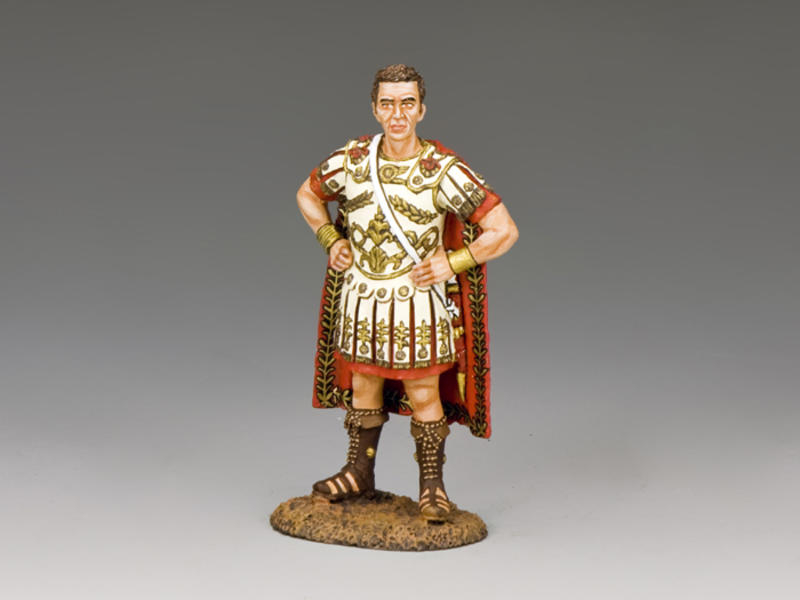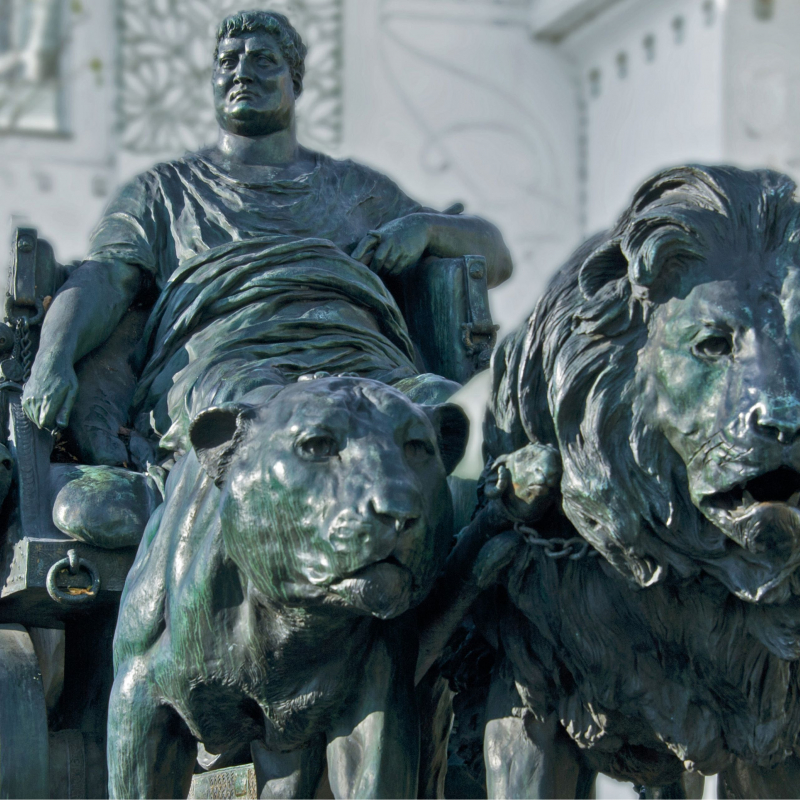He was an outstanding military commander
The 7th fact on the list of "Interesting facts about Mark Antony", he was an outstanding military commander.
He may have served as a "commander for hire" with Clodius' support, but it shouldn't take away from his sterling reputation. Like other generals in history, he lacked the leadership and total genius of Caesar, but he was nonetheless a good general in his own way. When Antony was 22 years old, his military career began in Syria, and he was soon promoted to the rank of a cavalry commander in Judaea and Egypt. From 57 to 54 BC, Antony distinguished himself in this position under Aulus Gabinus' direction. During Caesar's Gallic campaign, he joined the staff and made a good enough impression on his boss to earn the title Tribune of the People in 52 BC. He never achieved success in any non-military capacity, which was unfortunate because he wasn't a particularly effective administrator or politician.
Plutarch himself admired Antony's military prowess. His capacity to respond constructively in the face of difficulty was maybe his best asset. He always found a way out of difficulty, even when he was in a tight spot or cornered. One of Rome's finest generals, Antony excelled when the going got rough, when his army was decimated by starvation, when he had no friends, and when the going got harsh. Because he treated them as colleagues and friends rather than as faceless warriors, his men liked him. He had numerous leadership qualities, which made the Roman populace like him. His activities at Actium are all the more repulsive as a result.
His utter love of luxury was his worst flaw. This was a moral failing, according to Plutarch, since Antony had been seduced by the trappings of victory when he was winning. Strangely, he was a great leader when things went wrong. When things were going well, he relaxed and lost his hardness. The luxury he experienced in Egypt may have diminished his skills, which is why he abandoned Actium when things became difficult. Sadly, he is known more for this and his mistakes than for the numerous professional triumphs he experienced.









